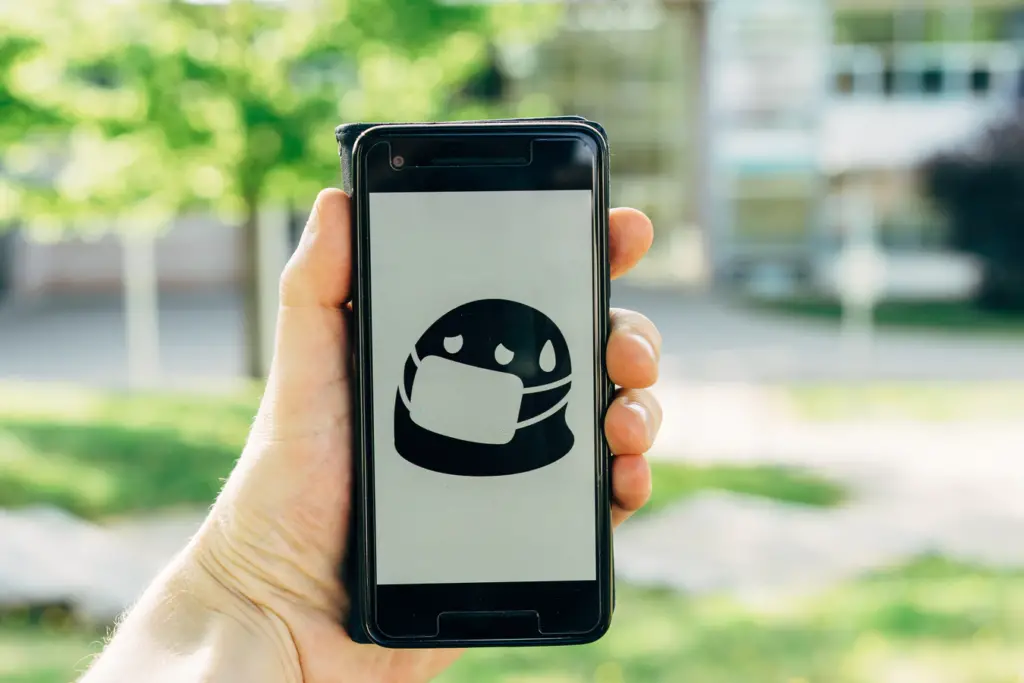
In an attempt to streamline contact tracing efforts and better track the community spread of COVID-19, an increasing number of countries are turning to app-based solutions. These contract tracing apps, while providing obvious benefits in regards to tackling the novel coronavirus, raise serious privacy concerns.
As the pandemic continues to sweep across the globe, technologists are rushing to provide smart solutions to better more traditional “pen and paper” methods of contact tracing. These solutions encompass a full suite of digital tools, from apps to services and systems. All have a singular goal: to identify and notify those who have come into contact with a known COVID-19 carrier.
Some of these solutions are relatively benign from a privacy perspective. For example, in New Zealand under the nation’s alert Level 2, customers used a QR code to check in to locations and businesses. Elsewhere, contact tracing apps are invasive. In China, the government’s system tracks its citizens’ payment history, identity data, location information, and much more in an attempt to halt lockdown transgressions. India is the only democracy that has made its app, Aarogya Setu, mandatory.
While many of these solutions are produced locally, others are spearheaded by tech giants including Apple and Google. If successfully implemented, these have the potential to be used by millions of people worldwide.
Expert opinions are divided as to whether these apps and ancillary tracing services are a one-stop solution to the pandemic control attempt or will be primarily used in conjunction with human tracers; people employed to find, interview, and otherwise track the movement of known cases and anyone they have been in contact with.
Multiple news stories indicate that citizens from various nations are approaching these apps with varying levels of caution. ExpressVPN, a privacy software company, recently conducted a survey on Americans’ views on contact tracing apps. Of the 1,200 American adults surveyed, 75 percent believe that contact tracing apps violate privacy while 77 percent indicated that the apps represented a significant risk in terms of ongoing mass surveillance.
Despite these figures, a full 59 percent of respondents were willing to forgo their rights in the interests of public health. Elsewhere, figures are higher. In a non-representative survey of 730 Isle of Wight residents, researchers found that just short of 77 percent of participants would download and use the app. Here too though, respondents demonstrated significant concerns over how their data would be stored, used, and otherwise protected.
These concerns are warranted. As noted by the MIT Technology Review, we know very little about these contact tracing apps, nor how their widespread use will affect society in the future. Additionally, as of the time of writing, no universal approach or standard has been adopted. While American legislators have unveiled a plan to regulate digital contact tracing efforts, the bill, which was released on June 1, mostly outlines measures already in use in Apple and Google’s technology.
Dubbed the Exposure Notification Privacy Act, the act stipulates that any garnered data must not be used by any commercial entity and aims to prevent potential abuse. It also stipulates that app users must “collaborate” with public health officials.
Thus far, only MIT Technology Review has created a database detailing all existing contact tracing apps currently in use. Many are not transparent, in that not all demonstrate clear policies that are available to the public or are built on open-source code, among other factors. Guided by principles from the American Civil Liberties Union, the Technology Review’s app review classifies apps based on whether they are voluntary, how much data is collected, what limitations are on the data, and if data is destroyed after a certain time period. While countries including Austria, Iceland, and Singapore have apps that show some dedication to privacy and transparency, others such as Qatar, Ireland, and Iran, tick very few boxes in regards to these factors.






